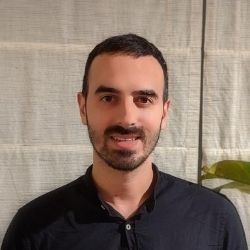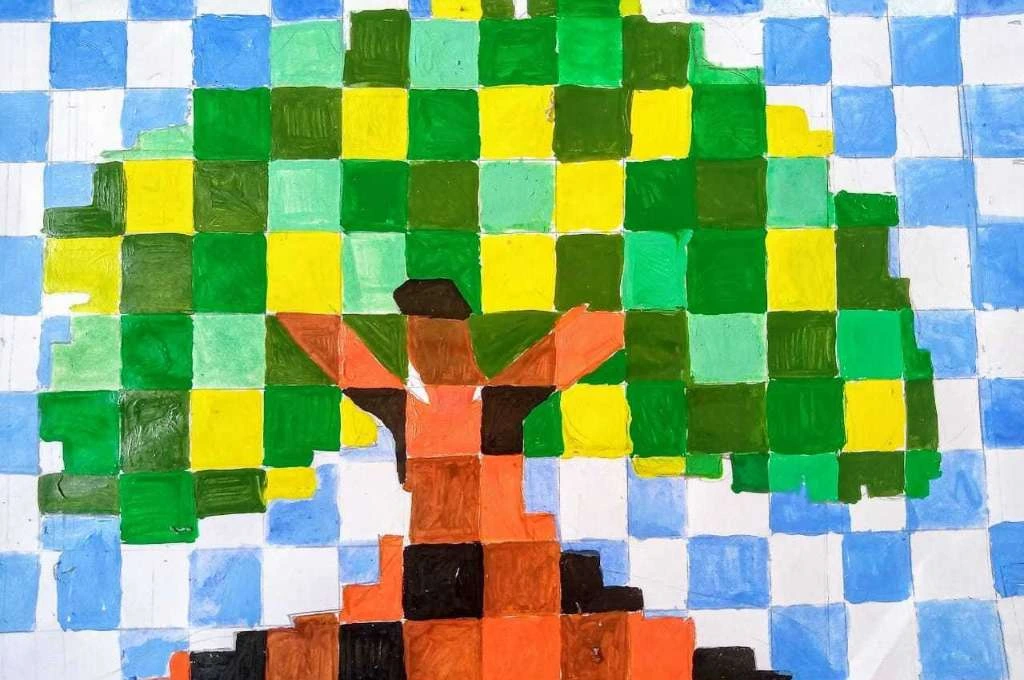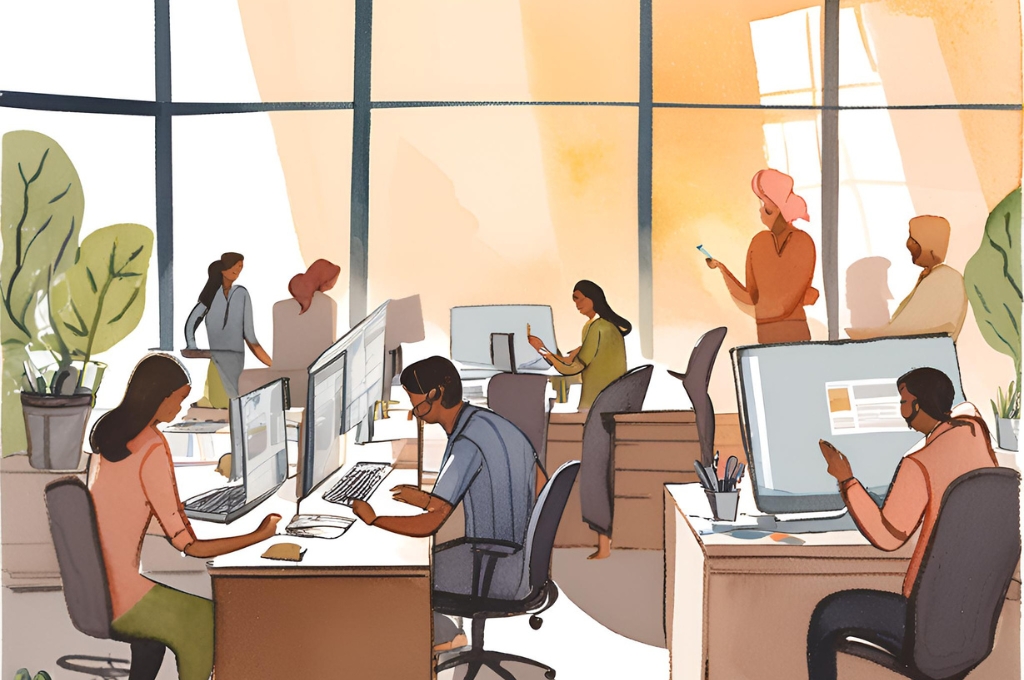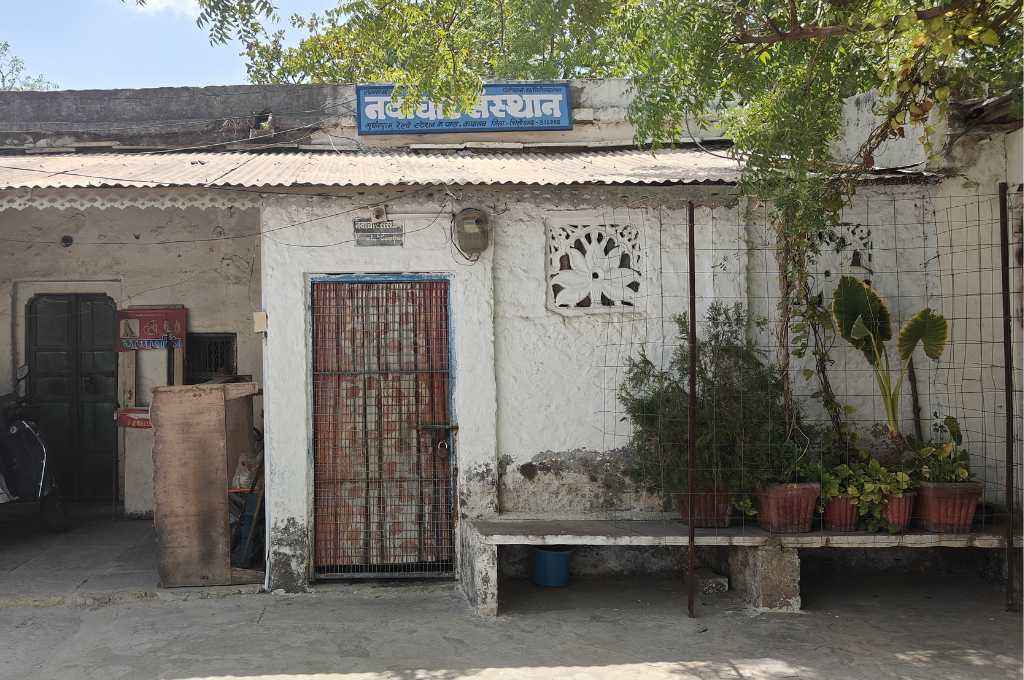This article is part of Failure Files, a special series conceived by India Development Review in partnership with Acumen Academy, where social change leaders chronicle their failures and lessons learnt.
My story of failure has to do with a series of decisions I took as a co-founder of a nonprofit organisation, Project Potential, which led to challenges with fundraising, internal team morale, and confusion about our model. At a deeply personal level, the outcomes of those decisions shattered my own sense of identity and self-worth.
Let me expand.
I was born in the US to an Indian father. And from the age of 16, I have been working on and interning with small development projects. I always knew that I wanted to work in the social sector, and that I wanted to play an enabling role when working with communities, rather than dictating to them what and how they should do things.
Toward that end, I started Project Potential in August 2014 with a local friend I made in rural Bihar. Our vision was to enable communities to solve their own problems in an inclusive and sustainable way. So we launched the Village Visionary fellowship for local youth. The idea was to help rural youth—primarily young women—envision a new future for their villages, and to equip them with the skills and networks required to make it happen. We ran a residential programme with classroom and field work, through which our fellows acquired the tools to identify problems and get the community involved towards solving them. We wanted to develop one lakh Village Visionaries over time.
Visionaries worked on a variety of projects, including helping community members open bank accounts, helping them get entitlements like job and ration cards, and also running small learning centres through volunteers.
Over time, as we raised funds for the programme, we hit a roadblock. Funders wanted clear outcomes. They questioned whether our programme could scale, and advised us to run a traditional skill development programme instead. But given the dual nature of our model—developing local leadership through village-level projects carried out by and for the community—we struggled with how much to pre-define the outcomes versus allowing them to emerge organically.
We oscillated between a strategy that would appease donors, and one that would be more participatory in nature, with the community at the centre. The back and forth began to feel inconsistent for people within the team. Plus because of this confusion, we lacked clear measures of success, in the absence of which I constantly felt that we were not doing enough.
We were running out of funding.
This was compounded further by the fact that we were running out of funding—which, in a sense, forced us into another decision—to scale back our operations in a matter of months to a level we could sustain. It had been 12 months since starting the programme at that point.
As a community-based organisation with a team that was more than 90 percent local, I felt deeply responsible for letting so many people down. At that moment, I responded by taking responsibility for the way in which I had let my team down; but I also allowed myself some vindication due to what I believed were structural issues with the model that needed to be addressed. Therefore, I pushed my self-doubt below the surface and decided we must push forward.
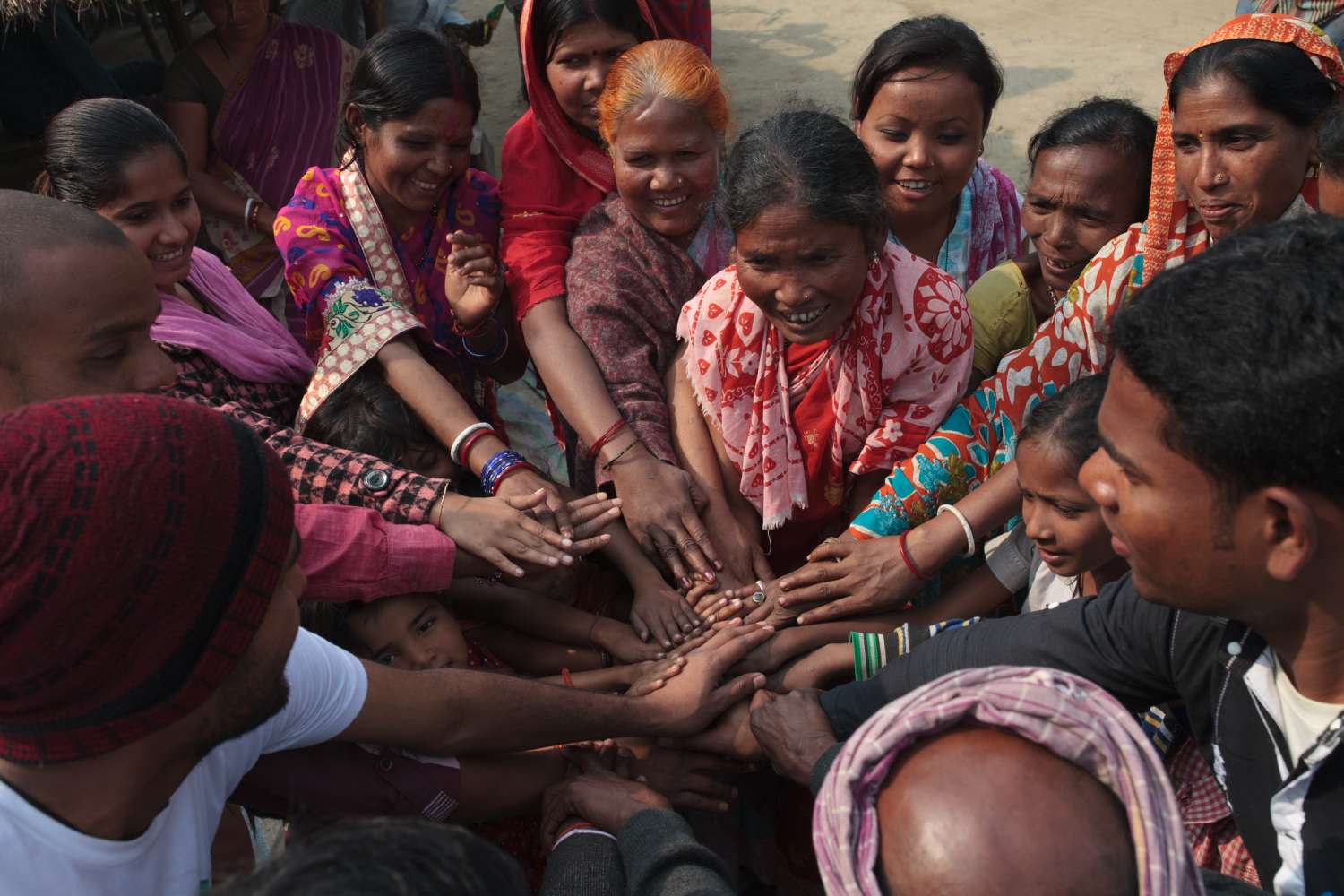
I felt deeply responsible for letting so many people down. | Picture courtesy: Sara Hylton for Project Potential
In that moment, there were several emotions I was experiencing simultaneously. On the one hand, I was deeply invested in the vision of our organisation, and the relationship I had with my co-founder and other community members. On the other, I convinced myself that this was a part of my journey of doing this work—overcoming failure and strengthening my resilience. It allowed me to engage in self-deception, but also, to continue the work at whatever scale we were capable of.
We pivoted our model to instead work with about 10 local youth in a structure that we imagined to be an alternative university, where they would come together to learn and think about what it means to sustain a meaningful life and livelihood. We explored these questions through learning journeys, pad yatras (rural walking tours with no money or phone), and workshops.
This failed too—very few young people were interested. In hindsight, there are obvious reasons why youth from rural Bihar, many from poor households, would not be interested: We were asking for a long term commitment (two years) without pay or a guaranteed path to future earning.
Denial and self-doubt
By this point—four years into starting Project Potential—having failed twice, the voice of self-doubt became much louder. Despite this, I still sought, with considerable effort, to ignore it. During some moments, I began to wonder if I was the problem; was I becoming a version of those case studies of development work were outsiders create more harm than good?
However, rather than acknowledge it, I unconsciously allowed the self-doubt to take the steering wheel, which pushed me to work even harder to figure out a workable model to achieve our vision. There was no question that we needed to find a workable model. But in hindsight, I think I was partly driven by the need to prove my own self-worth to myself through the success of the model.
Seeing as how the Village Visionary fellowship and the self-learners programme did not take in the way I had initially envisioned, I sought to remake Project Potential as a youth entrepreneurship organisation. This would perhaps address a key concern among rural youth, and operate within a clearer, more funder-friendly space. I did extensive research to try to convince myself and our team that the organisation we needed to become was one focused on creating 10,000 entrepreneurs in five years.
Alas, this strategy failed on many levels, with the primary cause being that this was not the organisation we had grown into during the five years prior to that. Plus, I felt that it was not fully aligned to the underlying purpose of our organisation: A world in which rural communities can solve their own problems sustainably and inclusively.
I felt like a fraud seeking to convince others to buy into something which I myself did not fully believe.
Yet, I maintained external fealty to the 10,000 entrepreneur vision for close to a year. Why did I stay committed to this vision for so long? There are several reasons. A clear-cut, funder-friendly model provides at least the appearance of certainty when the alternatives—what we had tried previously—were highly uncertain. The ability to clearly articulate our problem statement, vision, and mission was at least intellectually gratifying when I was experiencing deep emotional self-doubt. Finally, I think on some level, I had convinced myself that this may actually be the best path, given all of the different needs of people that we had to bring together for the programme.
I could only keep this up for so long. My own motivation dropped precipitously over the course of a year; I felt like a fraud seeking to convince others to buy into something which I myself did not fully believe. I burnt out physically and mentally, to the point where I could no longer ignore my self-doubt and anxiety.
Here’s what I learned
Ever since I began this work and until very recently, my self-esteem has depended almost entirely on the success of Project Potential. This was not an active choice I made, but rather, a story operating beneath the surface.
Maintaining self-worth is important, and competency is one important source of such feelings for most people. However, when your self-worth is so intimately connected to larger societal and economic changes which are extremely uncertain, it is a recipe for self-doubt and emotional pain. It also leads to a paradox: Unclouded judgment is required for achieving your goals as a social sector leader, yet if your self-worth is closely dependent on achieving your goals, then your judgment can get clouded by a need to prove your own competency.
Many in the nonprofit sector expect large scale transformation in a short time span.
The second thing I learned has to do with expectations for success and creating a positive impact. Many in the nonprofit sector expect large scale transformation in a short time span, with a fraction of the resources necessary to create such change. I too made this mistake with targets of 1 lakh Village Visionaries, 10,000 entrepreneurs, and so on, often expecting the change of one or two generations to happen in one or two years. With self-worth tied to success in work, and incredibly unrealistic expectations for what is possible, crippling self-doubt was almost inevitable.
Lastly, I began to see the faults in the way the social sector operates, and how these can play an important role in a programme’s ‘success’. Looking back and knowing what I know now, I wish there were more investment in under-developed local ecosystems, such as the places I was working in, in Bihar. Because there’s a lack of funding available for deep community-based initiatives, social entrepreneurs face a ‘penalty’ when trying to pilot and scale programmes; and it’s near impossible to raise overheads. This not only adds to the stress, but makes it that much harder for entrepreneurs to work in ‘weak’ ecosystems, where perhaps the needs are the greatest.

